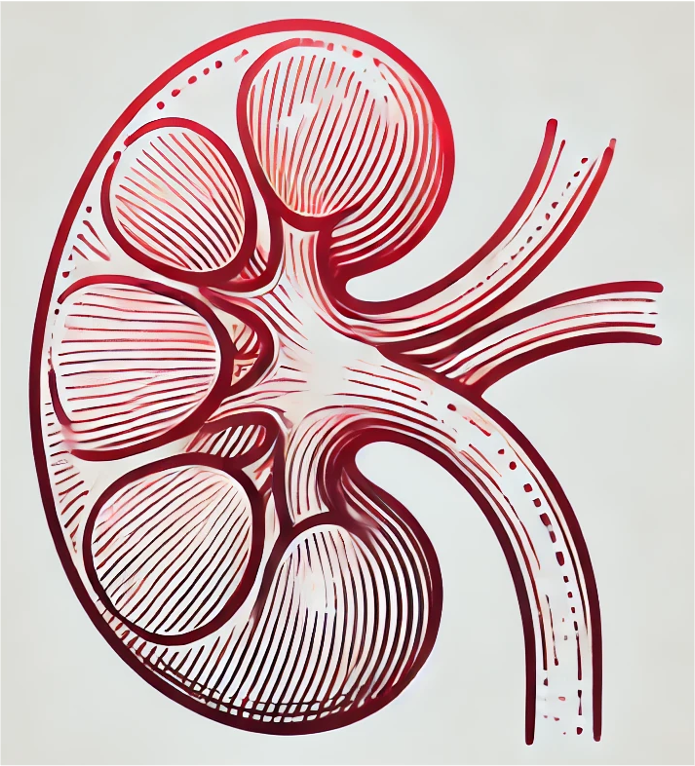Description
Injuries of the zebrafish kidney are rapidly repaired by a migratory response in two to three day-old embryos. While this migratory repair process re-establishes the integrity of the pronephric tubules independently of proliferation, fluid flow, intact cilia, or Wnt signaling, pronephros injuries before 36 hours post fertilization were repaired by a purse string-like mechanism that irreversibly occluded the pronephric tubules. Comparing the gene expression profiles between these two developmental stages and focusing on up-regulated zebrafish pronephros genes, we identified cxcl12a and myca as potential candidates orchestrating the migratory repair process. Zebrafish lines with either cxcl12a or cxcr4b mutations displayed striking repair abnormalities, confirming the requirement for cxc12a/cxcr4b signaling to override the ongoing collective cell migration and repair the pronephros injury. However, in contrast to the collective cell migration of the posterior lateral line primordium, cxc12a/cxcr4b signaling was dispensable for normal pronephros development. Zebrafish myca, the pronephros-specific homologue of human MYC, was also increased in cells participating in the repair response. The defective repair response caused by knockdown of myca resembled the abnormalities observed in cxcx12a/cxcr4b-deficient zebrafish, and was partially rescued by cxcr4b mRNA, suggesting that myca acts in part through up-regulating cxcr4b expression during the migration-based repair process. Kidney-specific knockout of Cxcl12 and Myc suppressed mitochondrial functions, reduced retinoic acid receptor signaling, and delayed the recovery after ischemic/reperfusion injury in mice. Tretinoin, known to stimulate Cxcr4 expression and mitochondrial metabolism, accelerated renal recovery. Thus, the zebrafish pronephros injury mode provides a systematic approach to identify molecules involved in the immediate repair response after kidney injury, and to design strategies to ameliorate this severe complication of human disease.
Overall Design
Whole kidney gene expression of was measured after ischemia for 22.5 minutes 12 hour reperfusion in WT C57BL/6 mice as well as conditional KO mice for Cxcl12 and Myc.
Curator
mj_li
